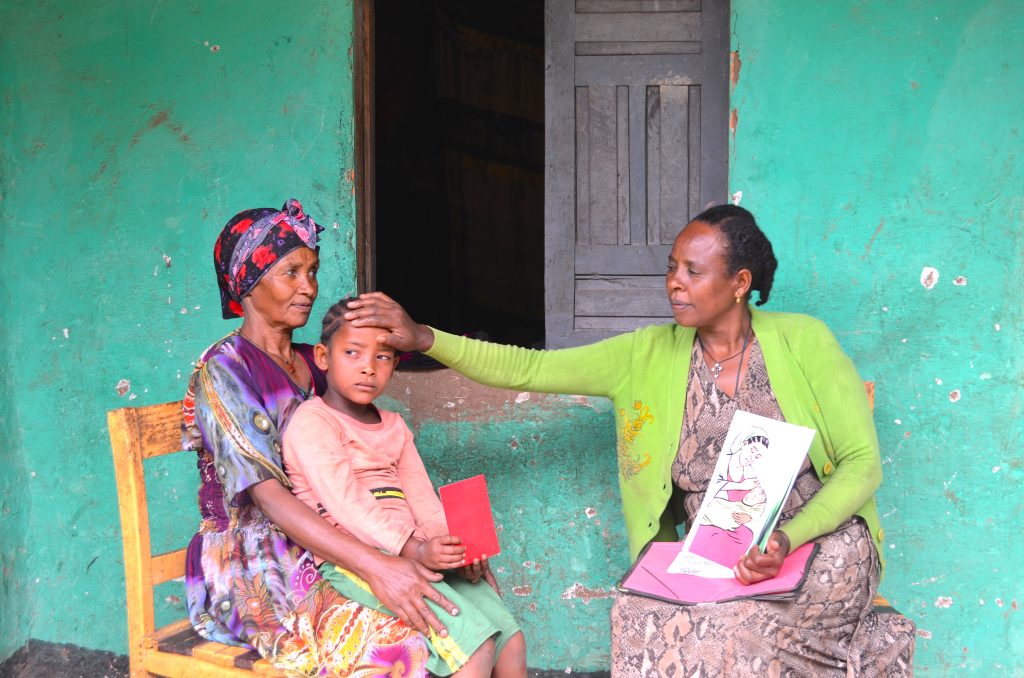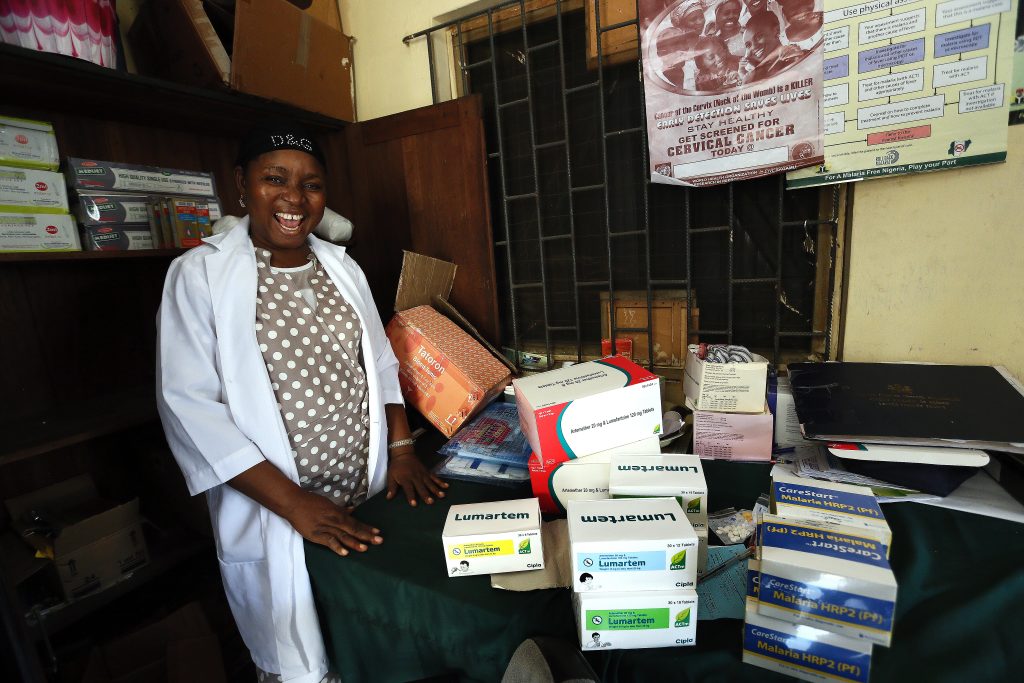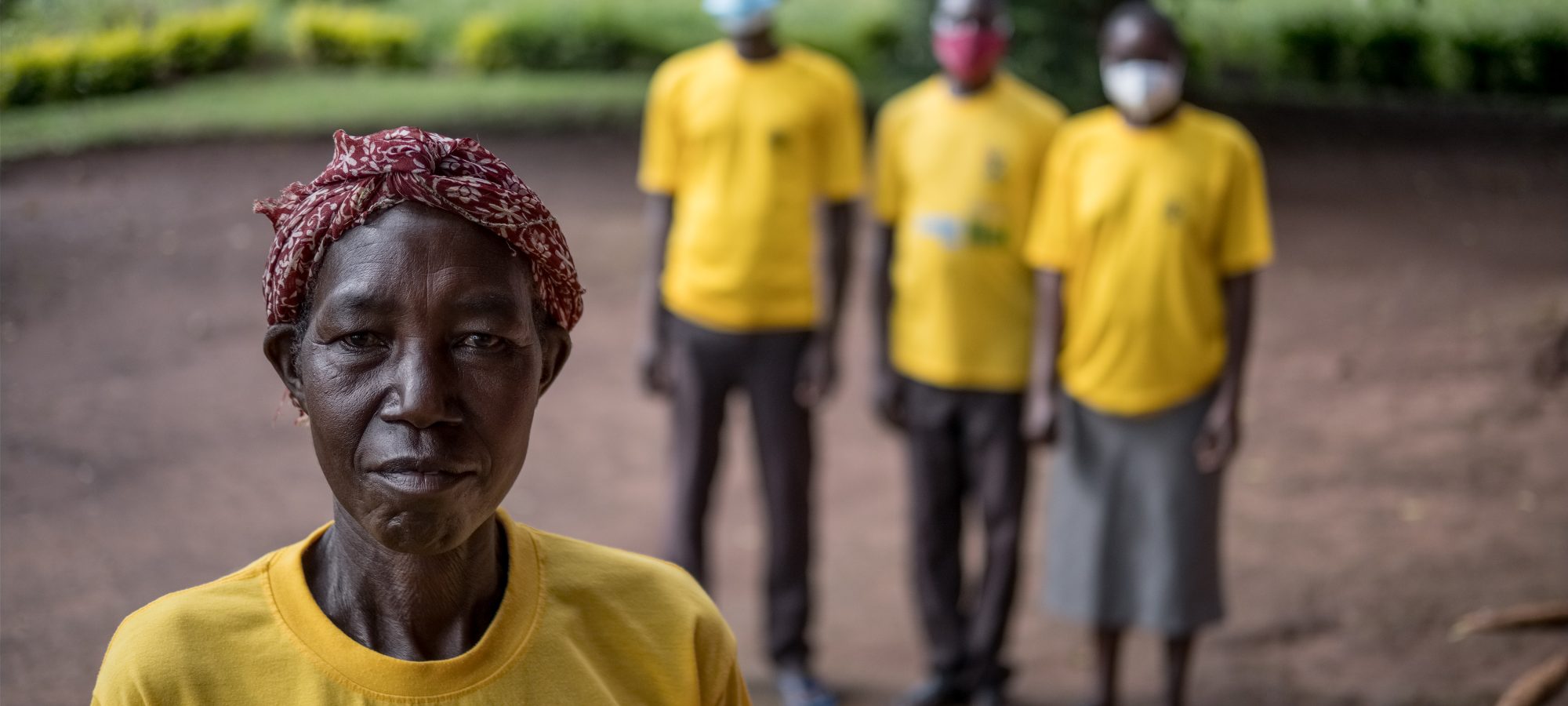What defines good leadership in the context of African health programmes? Is it economic power, the ability to govern or provide oversight, or the determination to follow a plan and take responsibility for one’s own peoples’ health?
In Sub-Saharan Africa (SSA), the rate of child mortality is the highest in the world. UNICEF estimated that in 2021, more than seven percent of children in the region died between birth and the age of five. In Western Europe, the rate was less than 0.5 percent. By implementing quality health programmes and strengthening health systems, SSA has reduced child mortality by almost 60 percent since 1990. But it still falls far behind other regions, largely because malaria, pneumonia and malnutrition – all preventable diseases – continue to cause thousands of child deaths in areas with limited access to essential health services.

Assertive commitment to national health agendas
In just 20 years, Rwanda reduced its under-five child mortality rate by almost 80 percent, from around 19 percent in 2000 to four percent in 2021. This has been attributed to several key implementation strategies: the introduction of a community health worker programme, a culture of data usage for decision-making, a focus on healthcare access and equity and, importantly, a government commitment to steer foreign donors and partners towards the country’s national agenda.
Leaders across the SSA region facing challenges to child survival must recognise and play their central role in coordinating and directing partners to feed into national health agendas. While external aid can play a crucial role in bolstering healthcare initiatives, it can sometimes be prescriptive, with the investments restricted to certain domains or channelled in directions that disrupt national plans. In certain instances, the condition for accessing these investments is for domestic matching funds to be committed by the country, which may lead to resources that have been committed to other aspects of the plan being pulled back. The consequence, an inability to fund other interventions in national plans that were originally conceptualised to help the country achieve its overall health targets. For instance, funding is cut back for supporting interventions that are not considered to provide immediate or direct gains but are crucial in ensuring the effectiveness of the main interventions.
National governments must take responsibility and be accountable for delivering on the targets in their respective health agendas. Asserting leadership in how efforts and investment are aligned to fit the specific needs and priorities of their own health agendas is paramount for sustainable progress and will enable better coordination for efficient and effective resource allocation that is tailored to their unique health landscape. This is needed to improve overall health system resilience and long-term capacity to respond to health crises.
Keeping an eye on the big picture
Strong leadership requires vision. Not only is short-term and long-term envisioning of the health system and people’s health conditions important, keeping an eye on the big picture is critical if the overall goal is to be achieved. There must be a desirable end in mind and a clear roadmap on how to get there.
These roadmaps must be owned by the respective country and used as a tool for coordinating efforts, harmonising plans, mobilising resources and aligning disbursements to the common cause. It is the responsibility of the leadership to address fragmentation of plans and siloed implementation of their health agendas.
To reach the desired endpoint, all aspects of national health agendas must be well resourced, duplication of efforts must be dealt with and competing interests with national health agendas must not be permitted. Strong mechanisms must be put in place for supervision and continuous quality improvements at all levels of the health system.
Investing in research and data
Insufficient data and evidence limit effective decision-making, we cannot rely on guesswork to address the health challenges on the continent. Leaders must place value in targeted research and coordinate investments between countries, institutions and experts that will help to identify high-impact interventions and facilitate the adoption of cost-effective measures tailored to regional needs.
Equally significant is the availability of accurate and up-to-date data, the foundation of resilient health systems. The collection and dissemination of reliable health data through enhanced data systems must be prioritised to effectively inform policies, allocate resources strategically and support the early identification of emerging health threats.
Although African governments have increased investment in science, sub-Saharan Africa still lags behind other global regions with countries in the region, on average, spending 0.4 percent of GDP on research and development, less than half of the 2025 target set by the African Union. Increased domestic investment in research is needed to accelerate local capacity and create and sustain world-class research hubs furnished with African researchers, funded by African governments and focused on strategic interventions that contribute to strengthening health systems.
Innovative financing for biotech
The newly autonomous Africa Centres for Disease Control and Prevention (Africa CDC) is working to support the manufacturing of pharmaceuticals in the continent. Ministers have a key role to play in prioritising and advocating for innovative financing mechanisms that attract investment, foster the development of local biotech enterprises and accelerate research and development in the sector.
Building institutional capacity to produce essential health commodities, such as anti-malarial drugs, vaccines and diagnostic tools is a critical component of strengthening healthcare systems and improving child survival rates. African governments will need to facilitate the necessary infrastructure, technical expertise and regulatory frameworks to enable domestic production, stimulating competitive pricing for essential medicines and increasing self-reliance in healthcare provision.
Public, private and philanthropic partnerships
African governments must prioritise brokering partnerships involving public, private and philanthropic actors to improve access to healthcare supplies and services.
Philanthropic partnerships are becoming bigger players. Organisations like Rotary International have supported governments especially in the areas of health and malaria. It is important that within these partnerships there is accountability and transparency in evaluating these efforts that makes it attractive for philanthropists to continue to support governments.
Governments must also be innovative in partnering with the private sector, creating platforms for mobilising resources to support health. During the COVID-19 pandemic in Nigeria, the private sector mobilised huge resources in a short space of time to contribute to response efforts. There is an untapped potential, especially in the area of malaria, for national health programmes to work with the private sector to invest in mechanisms that will contribute to more robust health systems. The former president of Nigeria launched the End Malaria Council as an effort towards galvanizing private sector resources for malaria elimination in the country.

At a wider, continental level, public health institutions, including Africa CDC and Regional Health Bureaus, must take the lead in shaping policies. African governments have a role to support these organisations and strengthen them, working closely together to promote African leadership in global health.
Olusola Oresanya is the Senior Country Technical Coordinator for Malaria Consortium in Nigeria
